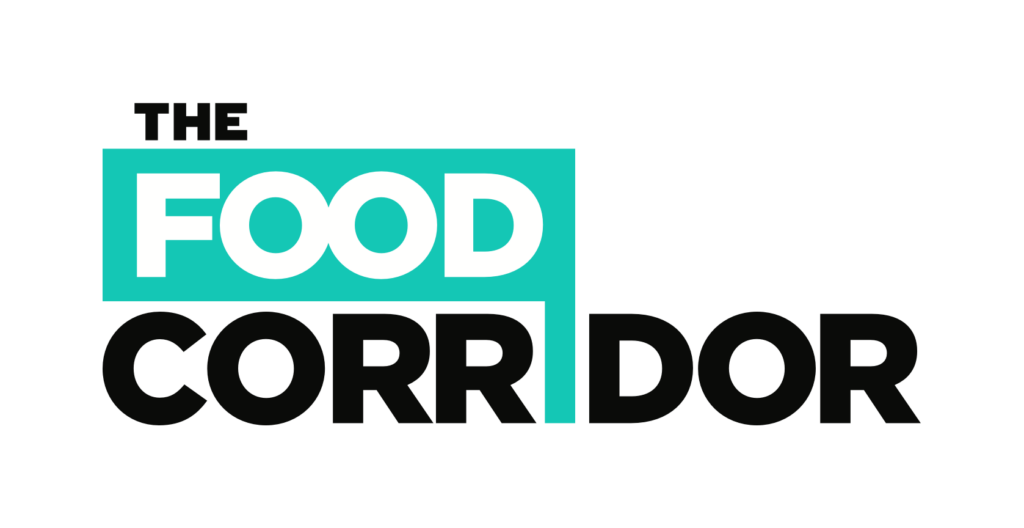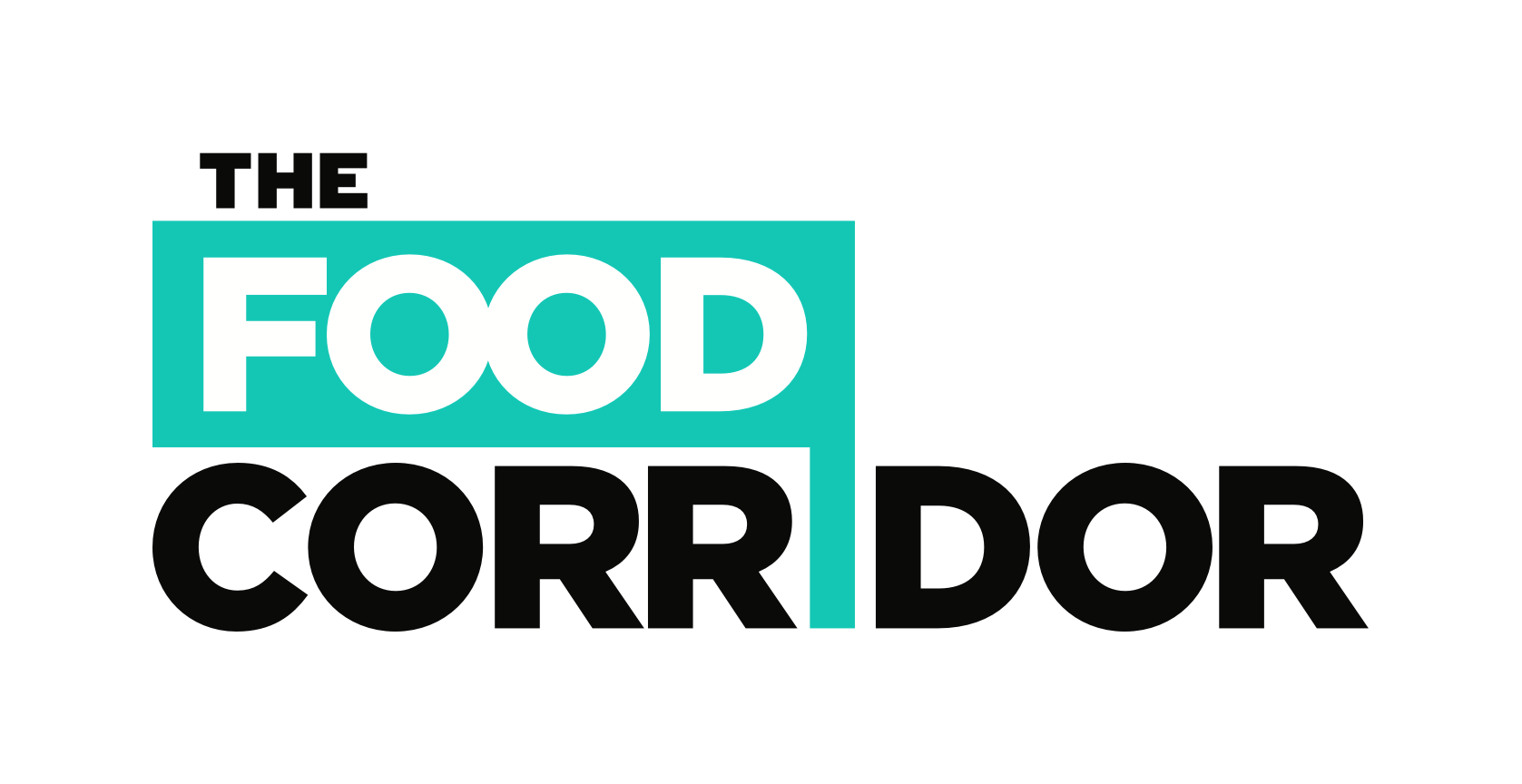Nimbus got its start when Camilla Opperman decided to launch her own food brand, but was limited by the lack of flexible, clean, affordable kitchen space available nearby. Recognizing this gap in the industry, Opperman developed a solution to her problem. In 2021, she opened Nimbus Kitchen in New York’s Lower East Side. Her innovative solution combines shared commercial kitchen and community-driven retail spaces that allow food businesses to interact with their end consumer in various ways.
Nimbus Kitchen began using The Food Corridor at the offset as the kitchen was in the process of opening. Since then, they have gone on to open a second location in Downtown Brooklyn and have plans to expand further. We interviewed Romina Gupta, Director of Strategy at Nimbus, about the kitchen’s journey with The Food Corridor and how the platform has supported its expansion into multiple locations.

Tell us why you started using The Food Corridor and what that journey has looked like.
“We started using The Food Corridor when we launched our first facility in 2021. First and foremost, it was one of the only options available and it seemed like the best option at the time. While we launched on The Food Corridor, we were also very much in the stages of creating our own booking and billing application. When we transitioned away from The Food Corridor for about a year, we realized that managing and maintaining our own technology along with an operationally intensive infrastructure business really took away from the mission for Nimbus. We realized that we didn’t want to be a tech company so we jumped back onto The Food Corridor with both of our locations and have been extremely pleased with the level of service and customization it offers. We are very confident in our decision to come back to The Food Corridor and scale with this truly best in class technology.”
What prompted you to decide to open another location?
“There was a lot of demand in New York. New York is obviously a very saturated market for food businesses and there’s a big need for affordable kitchen spaces and event spaces. It was really important for us to have coverage of the city in terms of delivery radius as well as the opportunity to tap into different neighborhoods. We had launched in Manhattan in 2021 but we also noticed a lot of demand in Brooklyn. We opened our second facility in May of 2022 in Brooklyn due to demand and the opportunity to cover a different market and area.”
How has using The Food Corridor enabled you to expand your business?
“It allows us to replicate our business model through our structure and products in multiple locations. It’s very easy to just copy and paste what we’ve done in our first location into our second, and then, hopefully continue as we expand into our third, fourth, and fifth locations. There are a lot of really incredible features on the billing side and the communication side with our customers that make it easy to remind customers about payments and remind them that their documents are expiring. One of my favorite parts of The Food Corridor, especially for such an ops intensive business that makes it easy to scale is the documentation tracking. Obviously it’s so complicated— all the permitting and the insurance and everything you need to operate in a shared kitchen and be a food business that sells products. The Food Corridor makes it really simple to be able to track documents and know when they’re expiring so that we can be fool proof from a regulatory standpoint.”
What has been your greatest challenge in opening and operating multiple kitchen locations?
“Identifying who the right customers are for us. Because we are a shared commercial kitchen, people often assume that we only work with delivery businesses because the industry is famous for providing ghost kitchens. But we tap into so much more of the market from a customer standpoint. We rent to meal prep brands, CPG brands, food events businesses who are hosting dinner parties at our space, and people renting out the space for content creation. It really runs the gamut and since we have a large market to tap into, it can be challenging to make sure that we’re meeting our customers where they are at.”

How was TFC most helpful in assisting your kitchen during expansion?
“It’s really nice to know that there is a technology that is able to continuously run without us having to manage it from the backend. When we created our app, we were also dealing with all the backend issues… all the bug fixes… all the loopholes that we didn’t quite have the bandwidth for. Now, we can expand without having to think about any of that. We can just go to The Food Corridor if there is an issue or if a customer is confused about something, we know you guys will have an answer. Knowing that we have someone to ask if we have any questions makes it easy to think about expansion and not have to worry if our technology is scalable enough.”
What advice would you give to someone who is interested in opening a second kitchen location?
“Don’t worry about the booking and billing and documentation management. The Food Corridor offers all of those amazing features. It takes the pressure off your plate so all you need to think about is the build out and construction side of things.”
What are your future plans for your kitchen?
“We definitely plan to expand in the next 2 months (October 2023), in addition to the current capabilities we have. There is still a lot of the New York market that’s available to tap into, so we are very much looking at capital expansion in the city. Once we have a decent coverage of New York, we plan to do a multi-city expansion.”


